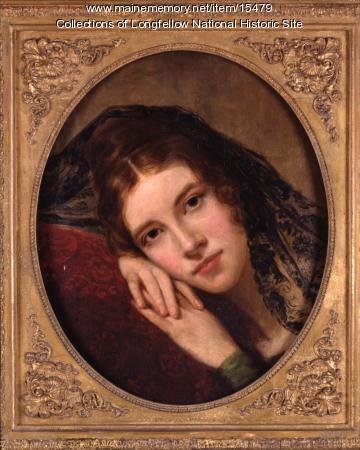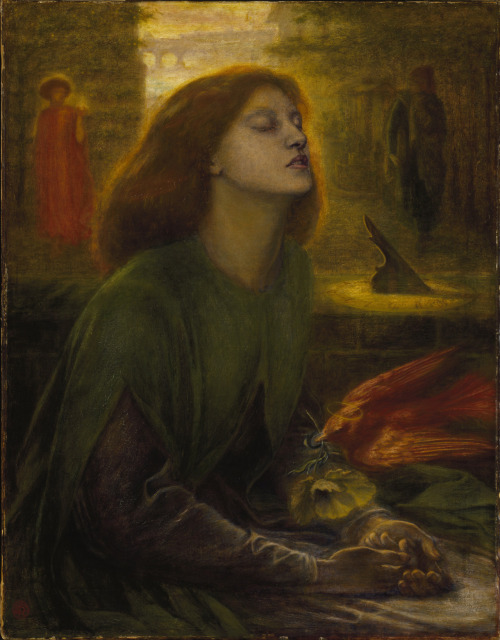Sadly as some old mediæval knight
Gazed at the arms he could no longer wield,
The sword two-handed and the shining shield
Suspended in the hall, and full in sight,
While secret longings for the lost delight
Of tourney or adventure in the field
Came over him, and tears but half concealed
Trembled and fell upon his beard of white,
So I behold these books upon their shelf,
My ornaments and arms of other days;
Not wholly useless, though no longer used,
For they remind me of my other self,
Younger and stronger, and the pleasant ways
In which I walked, now clouded and confused.
On to William Lyon Phelps brilliant essay, "The Pleasure of Books":
"The habit of reading is one of the greatest resources of mankind; and we enjoy reading books that belong to us much more than if they are borrowed. A borrowed book is like a guest in the house; it must be treated with punctiliousness, with a certain considerate formality. You must see that it sustains no damage; it must not suffer while under your roof. You cannot leave it carelessly, you cannot mark it, you cannot turn down the pages, you cannot use it familiarly. And then, some day, although this is seldom done, you really ought to return it.
But your own books belong to you; you treat them with that affectionate intimacy that annihilates formality. Books are for use, not for show; you should own no book that you are afraid to mark up, or afraid to place on the table, wide open and face down. A good reason for marking favorite passages in books is that this practice enables you to remember more easily the significant sayings, to refer to them quickly, and then in later years, it is like visiting a forest where you once blazed a trail. You have the pleasure of going over the old ground, and recalling both the intellectual scenery and your own earlier self.
Everyone should begin collecting a private library in youth; the instinct of private property, which is fundamental in human beings, can here be cultivated with every advantage and no evils. One should have one's own bookshelves, which should not have doors, glass windows, or keys; they should be free and accessible to the hand as well as to the eye. The best of mural decorations is books; they are more varied in color and appearance than any wallpaper, they are more attractive in design, and they have the prime advantage of being separate personalities, so that if you sit alone in the room in the firelight, you are surrounded with intimate friends. The knowledge that they are there in plain view is both stimulating and refreshing. You do not have to read them all. Most of my indoor life is spent in a room containing six thousand books; and I have a stock answer to the invariable question that comes from strangers. "Have you read all of these books?"
"Some of them twice." This reply is both true and unexpected.
There are of course no friends like living, breathing, corporeal men and women; my devotion to reading has never made me a recluse. How could it? Books are of the people, by the people, for the people. Literature is the immortal part of history; it is the best and most enduring part of personality. But book-friends have this advantage over living friends; you can enjoy the most truly aristocratic society in the world whenever you want it. The great dead are beyond our physical reach, and the great living are usually almost as inaccessible; as for our personal friends and acquaintances, we cannot always see them. Perchance they are asleep, or away on a journey. But in a private library, you can at any moment converse with Socrates or Shakespeare or Carlyle or Dumas or Dickens or Shaw or Barrie or Galsworthy. And there is no doubt that in these books you see these men at their best. They wrote for you. They "laid themselves out," they did their ultimate best to entertain you, to make a favorable impression. You are necessary to them as an audience is to an actor; only instead of seeing them masked, you look into their innermost heart of heart."
1933

